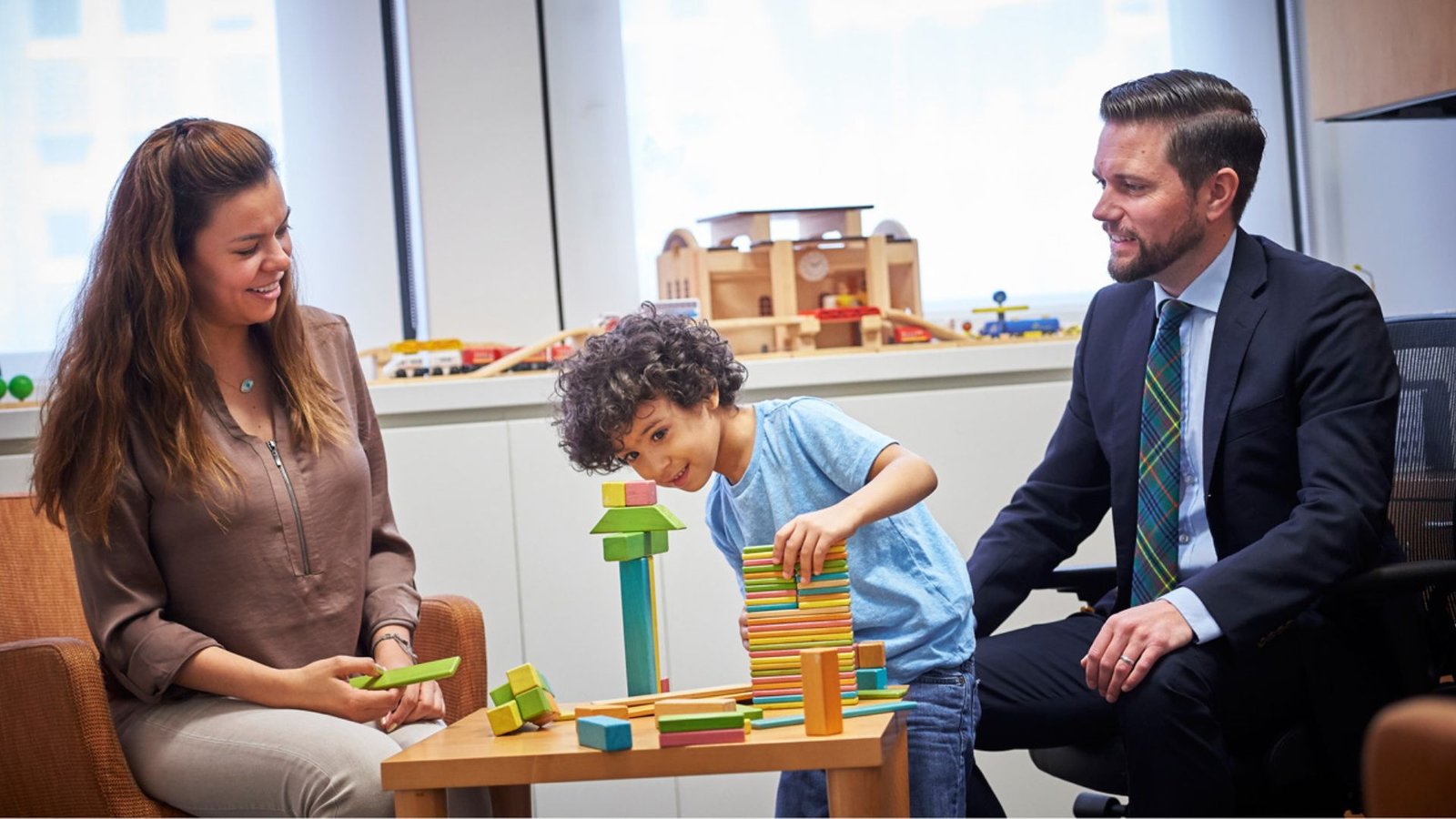Managing behavioral issues in kids can be a challenging aspect of parenting. However, understanding the underlying causes and applying the right strategies can make a significant difference. Whether it’s temper tantrums, defiance, or aggression, addressing these behaviors with patience and consistency is key. Here are some effective tips for managing behavioral issues in kids that can help you create a positive and supportive environment at home.
Identify the Underlying Causes
Before you can effectively manage behavioral issues in kids, it’s important to identify the underlying causes. Behavioral problems often stem from factors such as frustration, anxiety, boredom, or even physical discomfort. Observe your child’s behavior and consider what might be triggering their actions. Understanding the root cause can help you address the issue more effectively and find the right solution.

Establish Clear Rules and Expectations
One of the most important steps in managing behavioral issues in kids is to establish clear rules and expectations. Make sure your child understands what is acceptable behavior and what is not. Be consistent in enforcing these rules and use age-appropriate language to explain them. When children know what is expected of them, they are less likely to act out. Consistency provides a sense of security and helps prevent confusion and frustration.
Use Positive Reinforcement
Positive reinforcement is a powerful tool for managing behavioral issues in kids. Praise and reward good behavior to encourage more of it. Simple rewards like verbal praise, stickers, or extra playtime can be highly motivating for children. Let your child know when they are doing something right and acknowledge their efforts. Positive reinforcement not only boosts their self-esteem but also helps them understand the benefits of behaving well.
Set Up a Routine
Establishing a consistent daily routine is essential for managing behavioral issues in kids. A predictable routine provides structure and helps children feel secure. Knowing what to expect reduces anxiety and can prevent behavioral problems. Include regular times for meals, homework, play, and bedtime. Consistency in daily activities helps children learn self-discipline and develop good habits.
Teach Problem-Solving Skills
Teaching problem-solving skills is crucial for managing behavioral issues in kids. Help your child learn how to deal with conflicts and frustrations constructively. Encourage them to express their feelings and think of possible solutions to their problems. By teaching them how to handle difficult situations, you empower them to manage their behavior more effectively. Problem-solving skills also promote emotional intelligence and resilience.
Stay Calm and Composed
It’s natural to feel frustrated or upset when dealing with behavioral issues, but it’s important to stay calm and composed. Children often mirror the emotions of the adults around them. If you react with anger or frustration, it can escalate the situation. Take a deep breath and respond in a calm, measured manner. Your composure sets a positive example for your child and helps de-escalate the behavior.
Give Clear and Simple Instructions
Managing behavioral issues in kids often involves giving clear and simple instructions. Make sure your child understands what you want them to do. Use straightforward language and be specific about your expectations. Instead of saying, “Behave yourself,” try saying, “Please sit down quietly and listen.” Clear instructions reduce confusion and help your child understand exactly what is required.
Practice Empathy and Understanding
Empathy plays a vital role in managing behavioral issues in kids. Try to see the situation from your child’s perspective and understand their feelings. Let them know that it’s okay to feel angry, sad, or frustrated, but teach them appropriate ways to express those feelings. Showing empathy helps build a strong emotional connection and makes your child feel understood and supported.
Implement Time-Outs When Necessary
Time-outs can be an effective strategy for managing behavioral issues in kids, especially when they are overwhelmed or acting out aggressively. A time-out provides a break from the situation, allowing the child to calm down and reflect on their behavior. Make sure the time-out is brief and age-appropriate. Explain why they are being given a time-out and what behavior needs to change.
Conclusion
Managing behavioral issues in kids requires patience, understanding, and consistency. By identifying the underlying causes, setting clear expectations, and using positive reinforcement, you can help your child develop better behavior. Remember, each child is unique, and what works for one may not work for another. Stay flexible and open-minded, and always approach behavioral issues with empathy and love.

